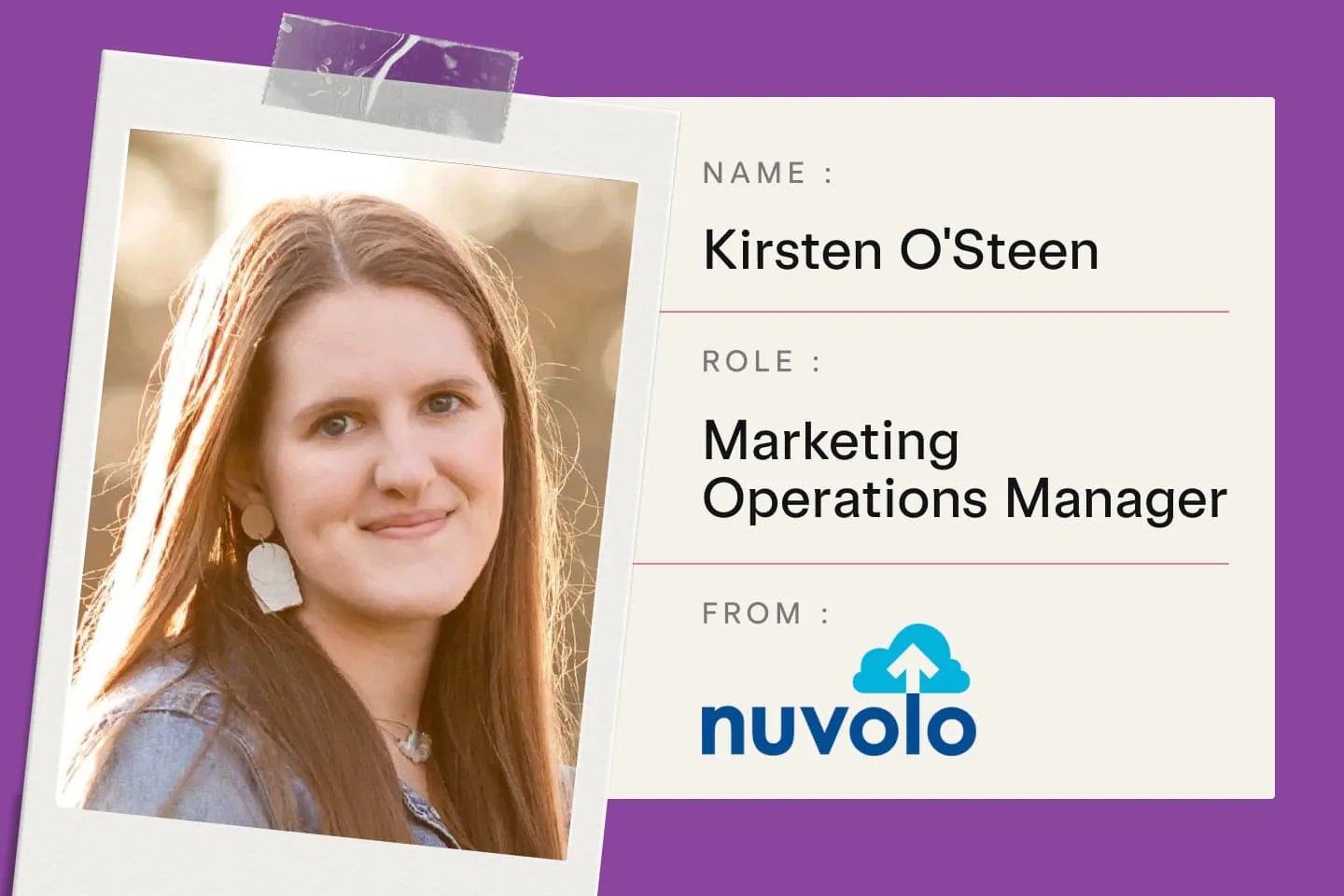Isaac Ware's ABM and Intent Dashboard
How Isaac Ware, Director of Demand Generation at UserGems keeps track of his ABM Campaigns and measure Account Intent?
What does this dashboard measure?
This dashboard provides insight into:
- Key ABM metrics and their changes over time
- The impact of different activities on winning ABM deals
- The lift of ABM campaigns on MQLs, deals, and closed-won opportunities
- Accounts that have shown intent and those that are ready to convert
ABM and Intent Dashboard
Spent and Target Account List penetration
.png)
This dashboard starts by showing Ad Spend for ABM Campaigns, and the percentage of accounts reached across marketing and sales activities.
It's a great indicator of how many accounts are reached, and by having the spent and percentage of accounts reached side by side, it's easy to forecast outcomes based on a given ad budget.
ABM Impact
.png)
Isaac builds his ABM program around two signals: previous customers who moved to new accounts, and accounts with the most new hires and promotions in the buying committee.
They can build it easily with UserGems, and once they have the list, they share it with sales and marketing, and then start tracking outcomes across the Target Account List.
ABM Pipeline Journey
.png)
UserGems doesn't separate its ABM efforts into sales and marketing activities; instead, both departments work together to convert target accounts into opportunities.
Having visibility into the target account journey before conversion helps to identify which activities impact pipeline creation and which do not.
Sales Cycle length
.png)
Next, we have the length of sales cycles. As mentioned, UserGems doesn’t separate its efforts by Sales and Marketing; however, this data can be used as an indicator for pipeline and revenue when it comes to forecasting, especially at the end of quarters.
This also helps identifying if sales cycles are increasing or decreasing when it comes to certain activities.
ABM Intent
.png)
UserGems targets hundreds of accounts every month. Especially at this scale, having unified intent data across these accounts helps in identifying which accounts should be prioritized and which need more targeting to improve intent levels.
Touchpoint data
.png)
Up next, we have the number of touchpoints figures. Here UserGems can track the average number of impressions required to generate MQLs and SQLs, and what their average number of impressions are in their current target accounts.
.avif)
The next part shows accounts and their current touchpoints and LinkedIn Ads impressions.
The reports above show the average number of touchpoints at the target account list level; this report displays the average number of touchpoints and impressions at the company level. By analyzing this data, UserGems can easily forecast how many touchpoints are needed to generate deals from their target account lists.
In this example, we see that HockeyStack and Umbrella Corp have enough touchpoints, indicating a high likelihood of conversion soon. Conversely, Central Perl and Jagex have touchpoints below the average, suggesting they are statistically less likely to convert unless these figures increase.
Lift Reports
.png)
.avif)
The final three reports of this dashboard are reports showing the uplift of UserGems signals on conversions compared to users and accounts without these signals.
At first glance, you can see that in this (dummy) data, New Promotions and New Hires signals have a positive lift meaning that new hires are more likely to become an MQL than people with new promotions.on KPIs. When looking deeper and comparing the lift on different stages of the funnel, you can see that although New Hires hadhas a better uplift on the MQLs sideand SQLs, New Promotions has a higher positive uplift on generating revenue.
HockeyStack allows you to build custom reports, with goals that you define, so you can see a listsee list of any goal and property you want on your KPIs.
Full Dashboard:
.avif)
About the author:
Isaac Ware is a Director of Demand Generation at UserGems. His areas of expertise are Demand Generation, ABX, and ABM, and recently, he launched ABM Masterclass.
His LinkedIn Profile:
https://www.linkedin.com/in/isaac-ware/




